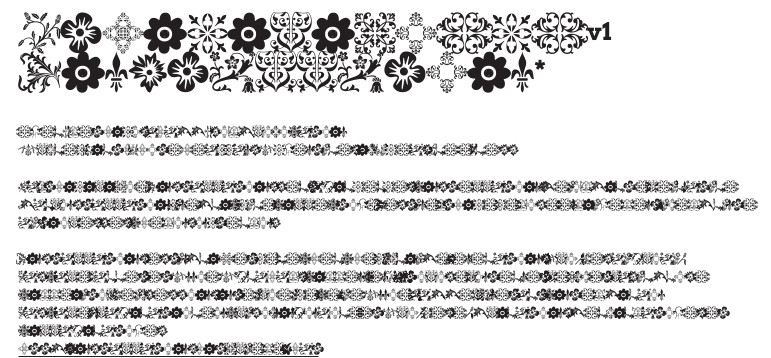
Image: Constallations Methodologie by Annie Abrahams, Pascale Barret & Alix Desaubliaux (2018 – Ongoing)
Decentralisation and Commoning the Arts (pages 50-55) looks at how we can reclaim art from the logic of markets and commmodification using the redecentralised Internet.
Art is practical philosophy and creative play with everyday rules, matter, behaviours and structures. It is a means to extend intersubjective expression between living beings, things, and environments. Radical and rooted art can produce new timespaces that cultivate new ways of being, feeling and knowing for individuals and collectives of people. Since their emergence in 2008, blockchain technologies have moved beyond their initial promise to blow apart the control of money from the centre. They have demonstrated a capacity to carry a full spectrum of political hopes and ideologies. Emerging Web3.0 technologies tools and frameworks are now also enabling new possibilities for decentralised collectives of people to coordinate and self-organise in their own interest.
With a focus on work at the intersection of three fields of practice – art, commoning and decentralisation technologies – and inspired by Elinor Ostrom’s work on institutional design, and Marilyn Waring’s feminist economics, this paper explores how blockchain, Web3.0 and in particular Decentralised Autonomous Organisations (DAOs) might support commoning in the arts. It introduces Decentralised Autonomous Organisation With Others (DAOWO) (Myers, 2015; Catlow and Vickers, 2019) a second wave of global artworld restructuring, against the toxic cult of the individual-artistic genius, which first found expression in the punk spirit of networked collaboration called DIWO (Do It With Others). It presents some approaches to decentralising and commoning the arts in order to increase the resilience and resourcefulness of connected, distributed, communities with an increased sense of agency, imagination and alliances.
Decentralisation and Commoning the Arts (pages 50-55) was presented at the Free Libre Technologies, Arts and the Commons Unconference, held at the University of Nicosia Research Foundation in May 2019. The conference asked what kind of creativity come after today’s digital cultures? After the smart city, post-surveillance, post-innovation, when social entrepreneurship discourse has ran its course?
This extraordinary gathering was organised by Evanthia Tselika, Chrystalleni Loizidou, Cypriot artists, theorists and activists. It focused in particular on the growth of groups and spaces that operate under collective and community- driven structures of collaboration and shared learning processes (onsite and online) and debates around the fate of the commons, openness and freedom of access. It asked how digital scapes are influencing how we shape socially and community orientated art, design and technological practices. Speakers included Gabriele de Seta, Silvia Federici, Luiz Guilherme Vergara, Lynn Jones & Harriet Poppy Speed, Gregory Sholette, Johan Soderberg and Richard Stallman.
